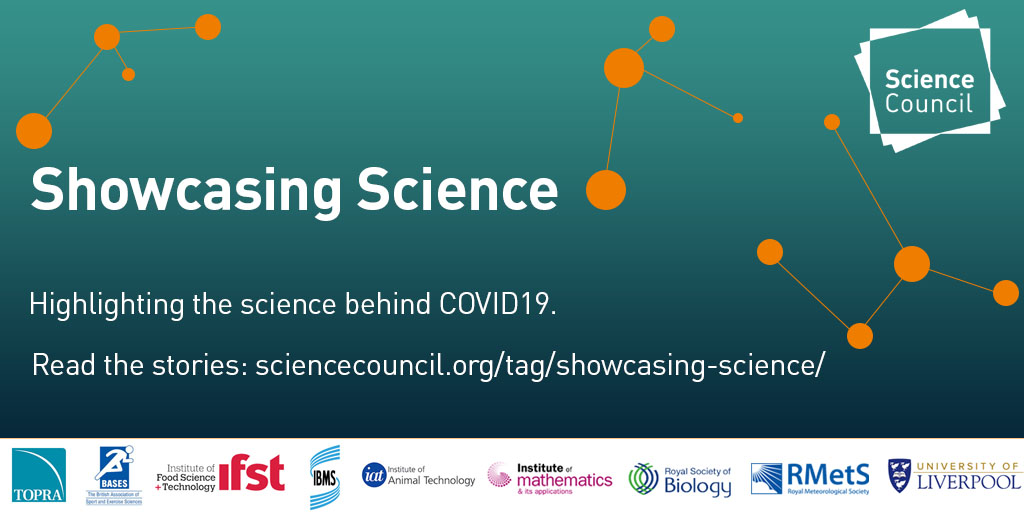
Showcasing Science: Microbiology research during lockdown – moving from in vitro to in silico
By Dr Georgios Efthimiou PhD FIBMS, Lecturer in Microbiology at University of Hull, UK
Microbial biofilms are considered to be a major health hazard, leading to serious infections that are difficult to treat. Usually biofilms are produced when microbes attach themselves to a surface and produce a substance that protects them from antibiotics, disinfectants and the attacks from our immune system. However, not all biofilms are bad. For instance, the ability of probiotic bacteria to form biofilms is important for gut health. My lab at the University of Hull is aiming to identify new biofilm-altering substances by screening a variety of extracts of natural sources, such as honey, medicinal plants and marine algae.
Due to this year’s COVID-19 lockdown, all the laboratories of our University were closed unexpectedly, halting all lab-based research activities. However, these days the internet is rich with invaluable information about both pathogenic and beneficial microbes. Databases such as NCBI, KEGG and UniProt, amongst many others, as well as bioinformatic tools such as BLAST, STRING and ACT can be exploited by our enthusiastic biomed students and researchers for identifying interesting genes and protein factors that can affect biofilm formation, production of harmful substances or synthesis of microbial products that are beneficial to our health.
Another very interesting type of computer-based work is the write-up of systematic reviews, meta-analyses, critical evaluation and statistical analysis of already published studies. For doing this, microbiologists can perform literature mining or utilise experimental data in publicly-available online databases (e.g. transcriptomic data about microbial growth under different environmental conditions). Such work is of great benefit for the microbiological community worldwide, as it can shed light about the efficiency of certain antimicrobial treatments, highlight important research gaps in the field or lead to the design of new experimental studies that can be carried out when our labs are opened again.
My research team at the University of Hull was awarded four 3-month summer internships this year for performing such in silico (computational) microbiological studies, three by the THYME Project – BioVale and one by the University of Hull (nearly £10,000 in total). These remotely-run projects are currently in progress and are expected to be completed this autumn.
The benefit of such computational microbiology investigations for our biomed students is huge! Via in silico work, young researchers gain the opportunity to improve their bioinformatic and literature mining skills. In modern diagnostic facilities, technologies such as MALDI-TOF and next-generation DNA sequencing have already become well-established, and often require strong in silico skills. Therefore, the ability to explore genomic databases and carry-out big data handling will definitely be an essential asset for the biomedical scientists of the 21st century.
This article was published as part of our Showcasing Science series, read the rest of the blogs here.
